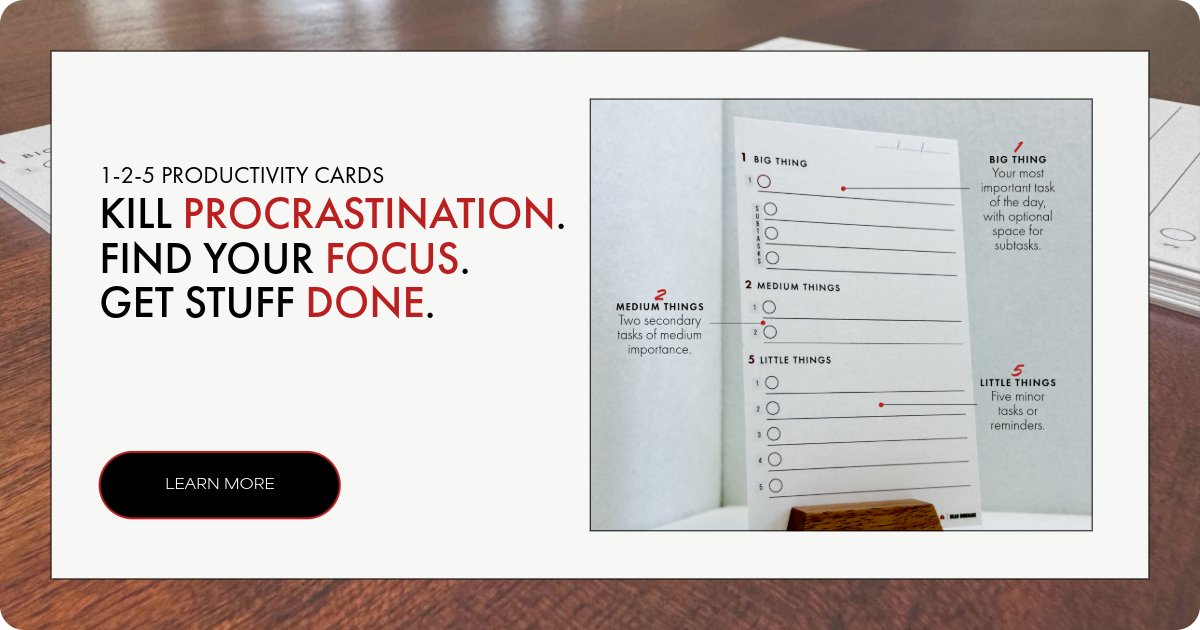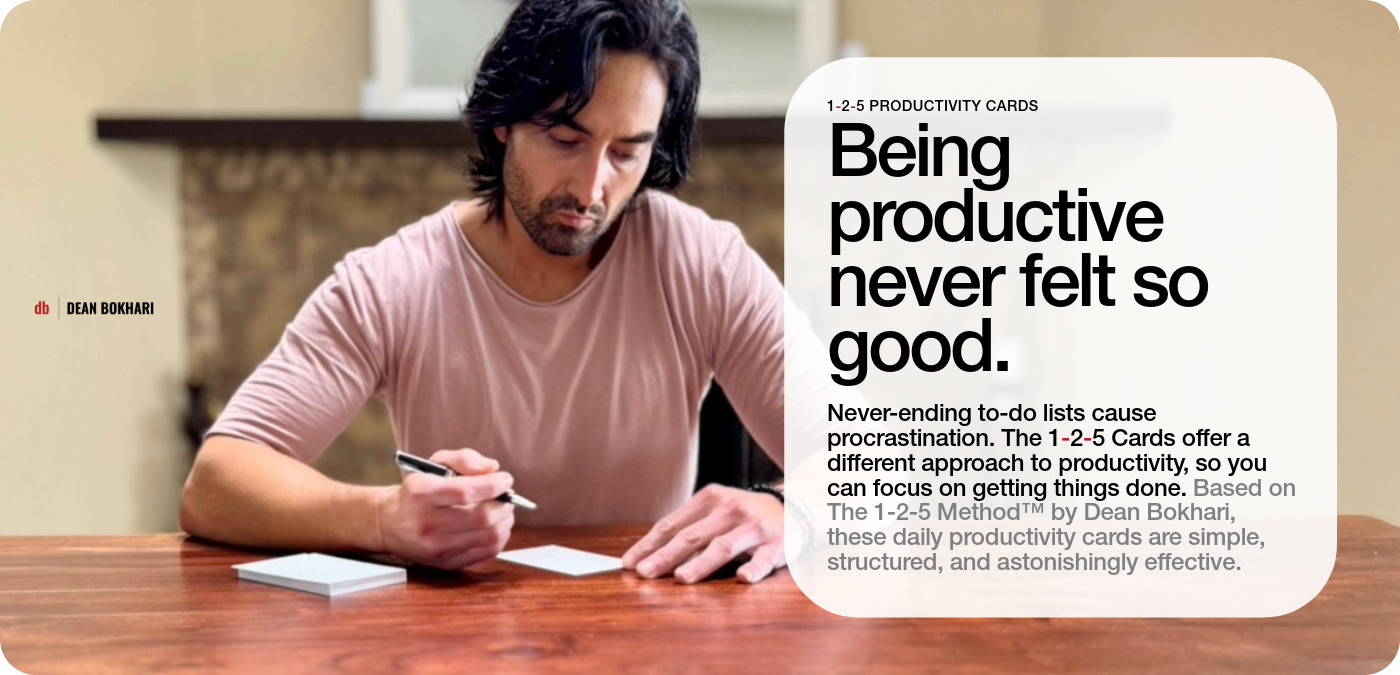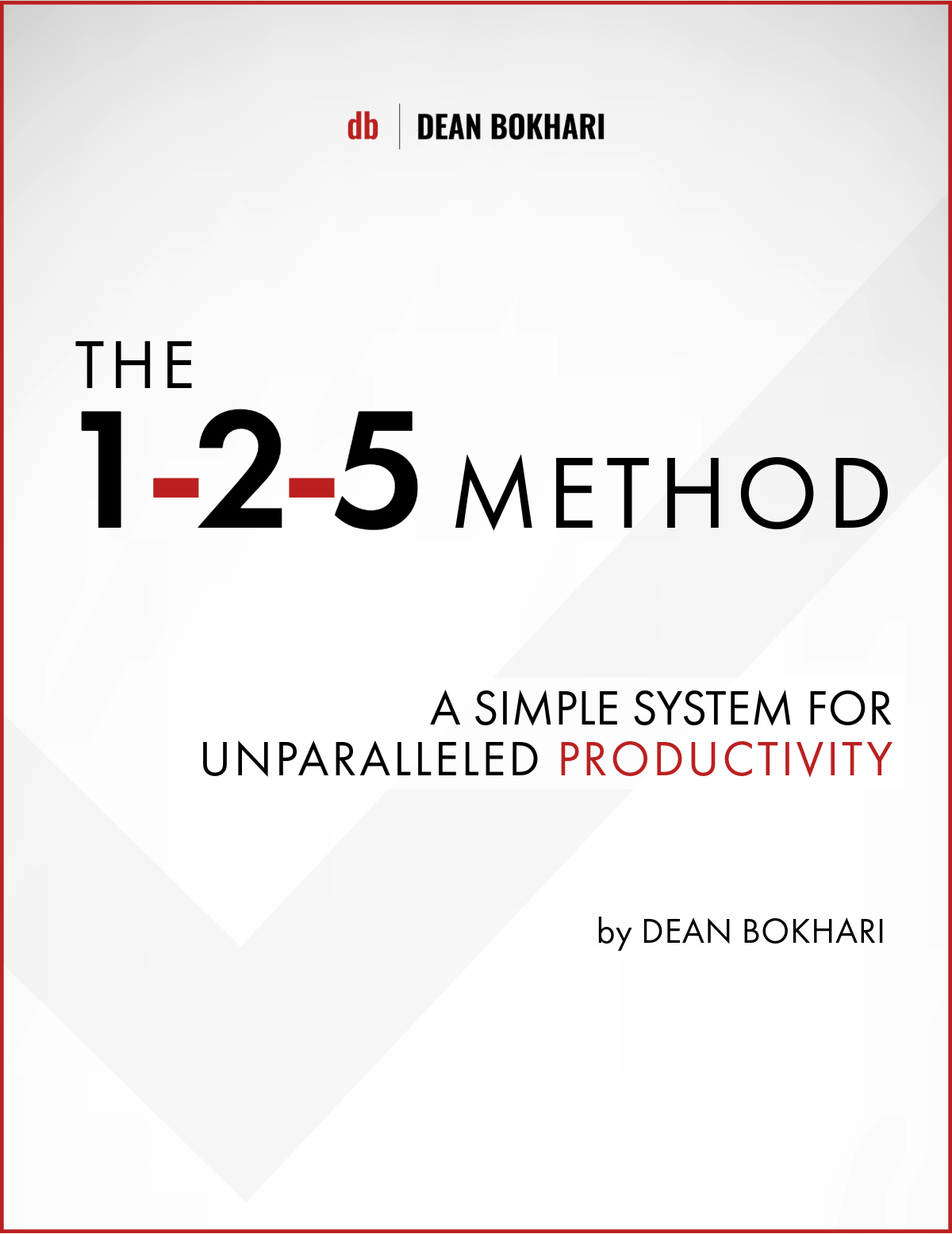Qualifications Vs Dr. Google: Relying on Expertise to Gain Direction
Collaborative Post
Information in today's digital era is just a click away, from diagnosing headaches to deciphering blood test results, Google has become the go-to place for many looking for medical advice. But can this virtual doctor replace years of medical training and experience?
The Allure of Dr. Google
Convenience is of utmost importance today, which is why so many turn to Dr. Google for quick solutions to their health concerns. While its advantages are clear, access to vast libraries of information, user-friendly interfaces, and near instant results, its drawbacks should also not be forgotten. Searching symptoms online may result in too much information being presented and may cause unnecessary anxiety rather than relief. Additionally the internet does not filter misinformation which can lead to self-diagnosis spirals and unnecessary panic.
Medical Professionals Are The Gold Standard
Qualified medical professionals undergo years of intensive training to properly diagnose, treat, and manage health conditions. Their education includes extensive academic study as well as hands-on practice. Furthermore, doctors, nurses, and specialists must adhere to evidence-based practices, so their advice remains grounded in current research. Credibility is built by being able to interpret symptoms within the context of a patient's history, lifestyle and overall health compared with Google searches alone.
Audiologists vs. Dr. Google
When it comes to hearing health, audiologists stand in stark contrast to Dr. Google. Audiologists are trained healthcare professionals specialized in diagnosing and treating hearing and balance disorders. On the other hand, Dr. Google can only offer advice. They use sophisticated diagnostic equipment and leverage their extensive qualifications of audiologists and clinical training to conduct accurate assessments and formulate tailored treatment plans. Having access to an experienced audiologist ensures a comprehensive evaluation and tailored approach to meet the unique needs of each patient. Searching Google can result in an ocean of conflicting advice and potential misinformation, while online forums and articles may offer some general insights that don't quite meet individual health concerns effectively.
The Dangers of Self-Diagnosis
Relying on Dr. Google for medical advice can present several risks. Most importantly, self-diagnosis may result in delayed or inappropriate treatments. For instance, a harmless rash might be mistaken as severe and lead to unnecessary stress and potentially harmful self-treatments. Furthermore, misinterpreting medical terminology can result in misinterpretations of one's own health conditions without the expertise necessary to interpret them fully.
Digital Literacy
Information is readily available and digital literacy becomes crucial in an age of information overload. You must learn to distinguish untrustworthy from reliable sources such as websites ending in.gov,.edu or affiliated with established medical institutions. Cross-referencing information with critical eyes may reduce misinformation risks
Conclusion
While Dr. Google may provide convenient access to information, it should never serve as a replacement for professional medical advice. A skilled physician's expertise lies in personalized, accurate and evidence-based care. By understanding and using online information wisely we can achieve an integrated approach to health. In essence it's all about trusting but verifying, using Dr. Google only as an informant but depending on experts to lead us toward improved wellbeing
—End of collaborative post—
✨ New Series: How to Become an Early Riser
- Discover key methods to make early rising a habit
- How to wake up early + energized every morning
- Morning routines for health + success
Free self-development courses
👇
Tap on any of the courses below to start learning how to:
- boost your productivity (with GTD),
- get focused (with Deep Work),
- or learn the art of influencing others (with the How to Win Friends & Influence People course.)
All for free.
👇
Free life guides
👇
Best-selling Self-development courses by Dean Bokhari
Kill procrastination.
|
Get stuff done.
|
Get motivated.
|
Connect with anyone.
|
freshly pressed:
Top Audiobooks narrated by Dean Bokhari on audible | |
Book summaries
- The Power of Habit by Charles Duhigg
- 12 Rules for Life by Jordan B. Peterson
- Presence by Amy Cuddy
- Leaders Eat Last by Simon Sinek
- The ONE Thing by Gary Keller, Jay Pasan
- Deep Work by Cal Newport






































